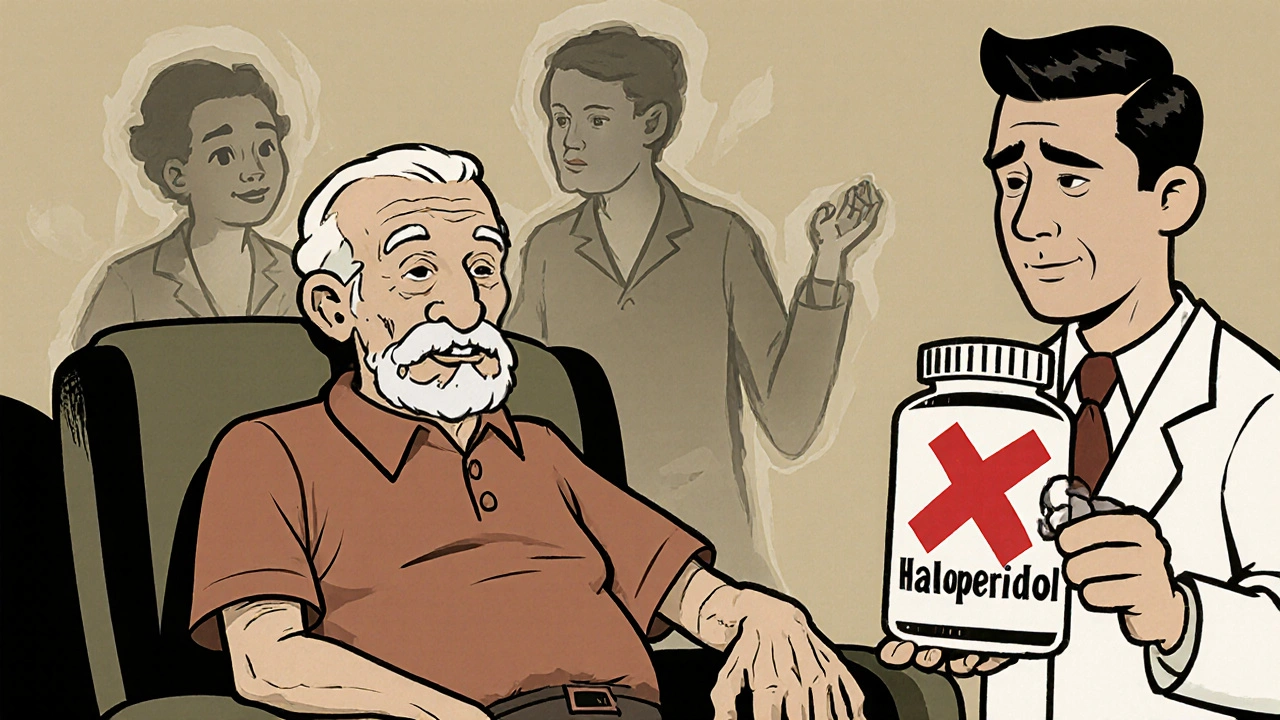Antipsychotics: What They Are, How They Work, and What You Need to Know
When someone hears voices others can't, feels intensely paranoid, or loses touch with reality, antipsychotics, a class of medications used to treat psychosis and severe mental health conditions. Also known as neuroleptics, they help restore balance in brain chemistry by targeting dopamine and sometimes serotonin. These aren’t mood enhancers or sleep aids—they’re tools to bring someone back from the edge of confusion and fear. If you or someone you care about has been prescribed an antipsychotic, it’s not about "calming down." It’s about regaining control over thoughts, emotions, and daily life.
Antipsychotics fall into two main groups: first-generation (like haloperidol) and second-generation (like risperidone or olanzapine). First-gen drugs work mainly by blocking dopamine, but they often cause stiff muscles, tremors, or restlessness—side effects that can be hard to live with. Second-gen drugs are more targeted, affecting both dopamine and serotonin, which usually means fewer movement problems. But they can bring other risks: weight gain, high blood sugar, or even diabetes over time. You don’t just take these pills and hope for the best. You track how you feel, watch for changes in appetite or energy, and talk to your doctor about what’s working—and what’s not.
People often assume antipsychotics are only for schizophrenia. But they’re also used in bipolar disorder during manic episodes, severe depression with psychotic features, and sometimes even for aggression or severe anxiety when nothing else helps. The goal isn’t to turn someone into a zombie—it’s to reduce the noise in their mind so they can reconnect with family, work, or simple daily routines. And while some side effects are common, not everyone gets them. Some people take these meds for years with minimal issues. Others switch brands or doses until they find the right fit.
What you won’t find in a prescription label is how hard it is to stop these drugs. Quitting cold turkey can trigger rebound psychosis or extreme anxiety. Tapering slowly, under medical supervision, is the only safe way. And if you’re on one now, know this: you’re not alone. Millions use antipsychotics. Many live full, productive lives. But you need honest info—not marketing, not fear, not silence. Below, you’ll find real discussions about what these drugs actually do, how they interact with other meds, what side effects to watch for, and what alternatives might work better for your body and lifestyle.

Parkinson’s Disease and Antipsychotics: How Medications Can Worsen Motor Symptoms
- Nov, 20 2025
- Daniel Remedios
- 13 Comments
Antipsychotics can severely worsen motor symptoms in Parkinson’s disease by blocking dopamine. Only clozapine and quetiapine are safer options. Most others, like haloperidol and risperidone, should be avoided. The key is adjusting Parkinson’s meds first before using antipsychotics.
